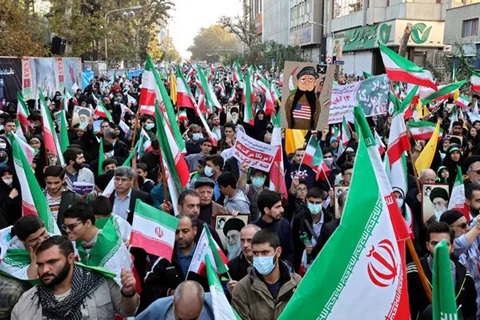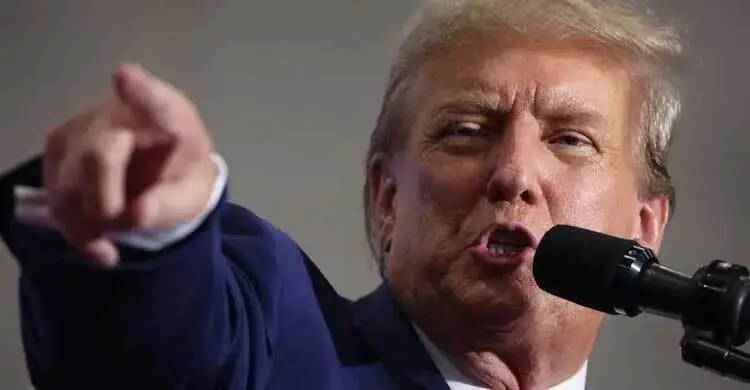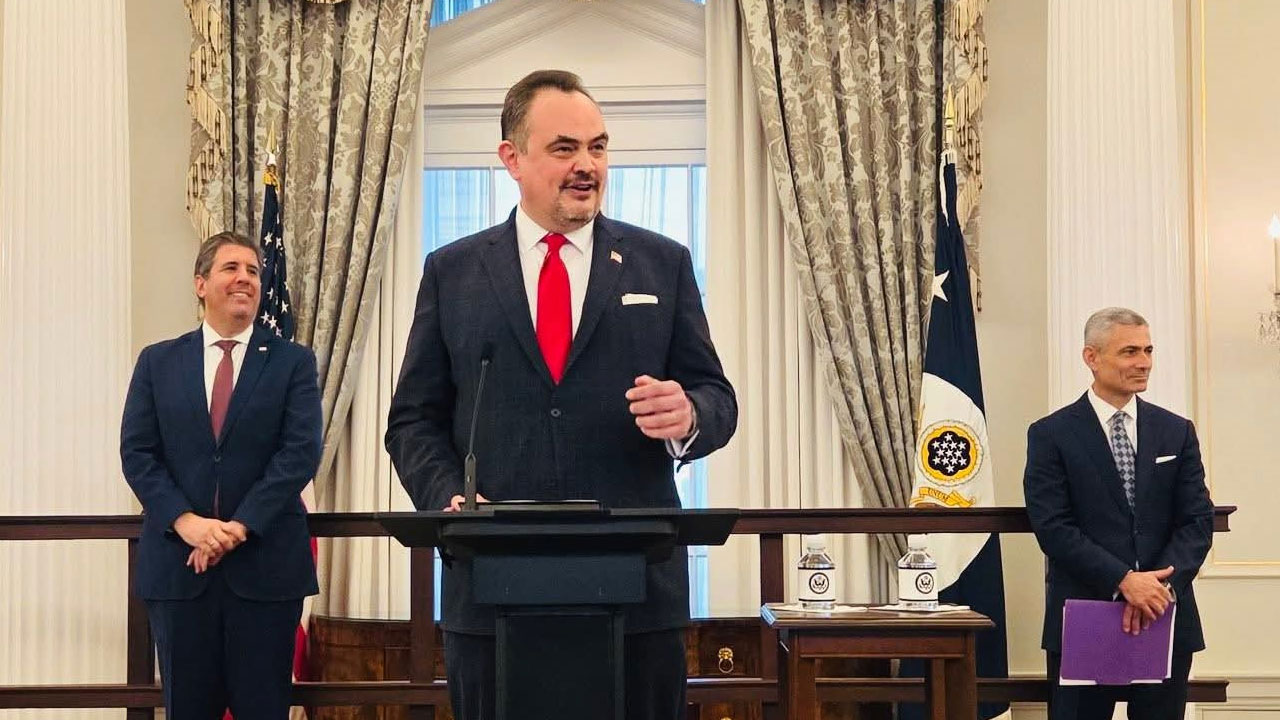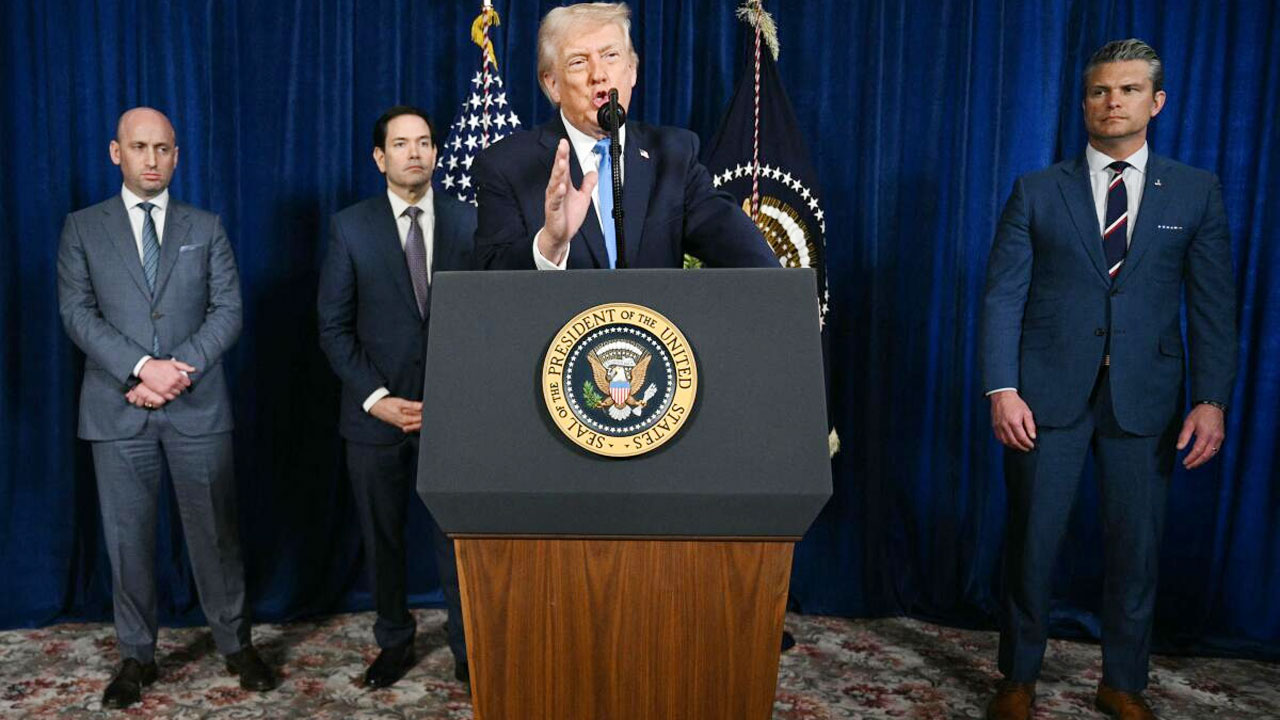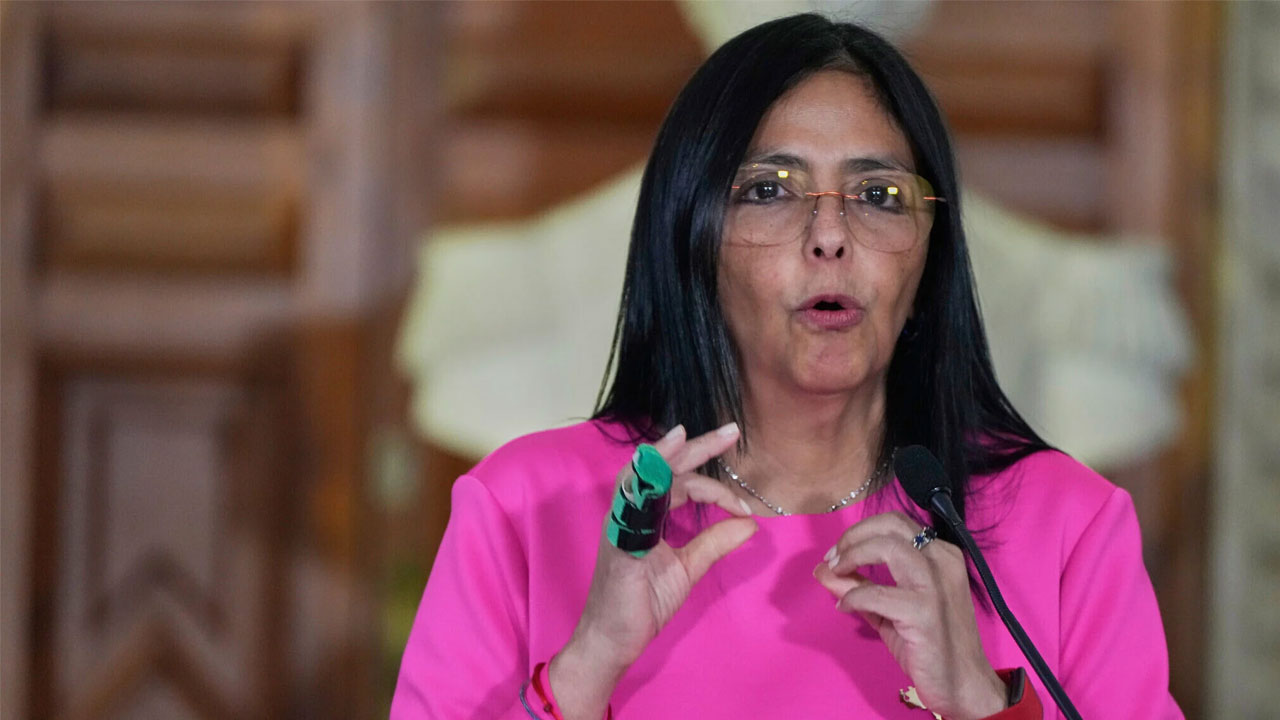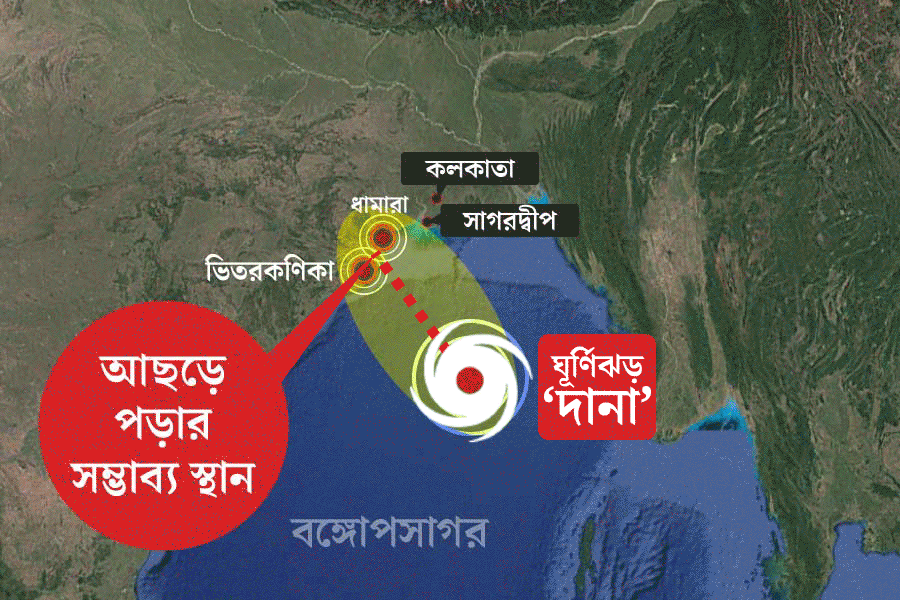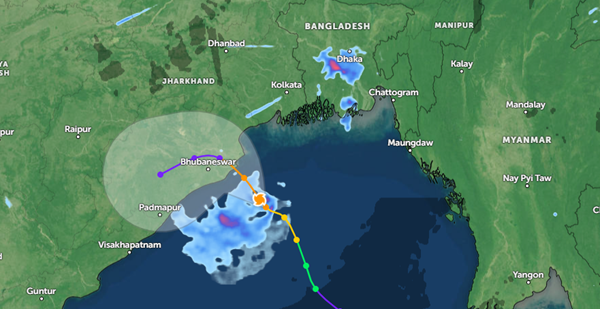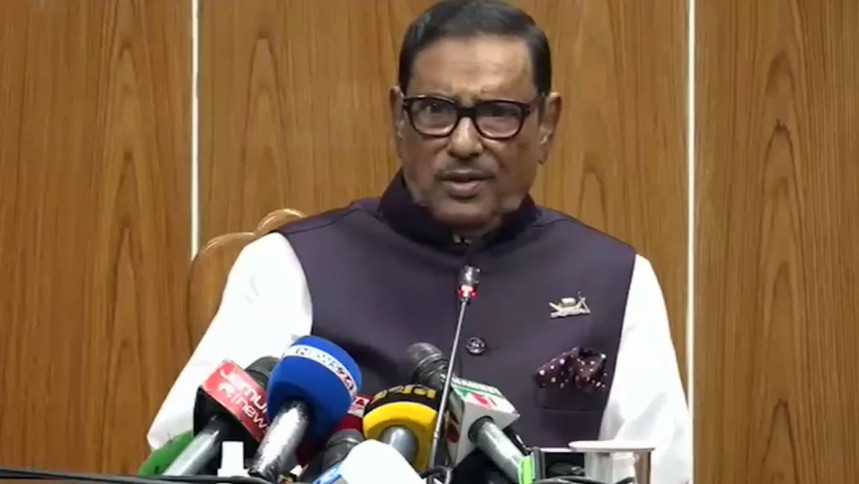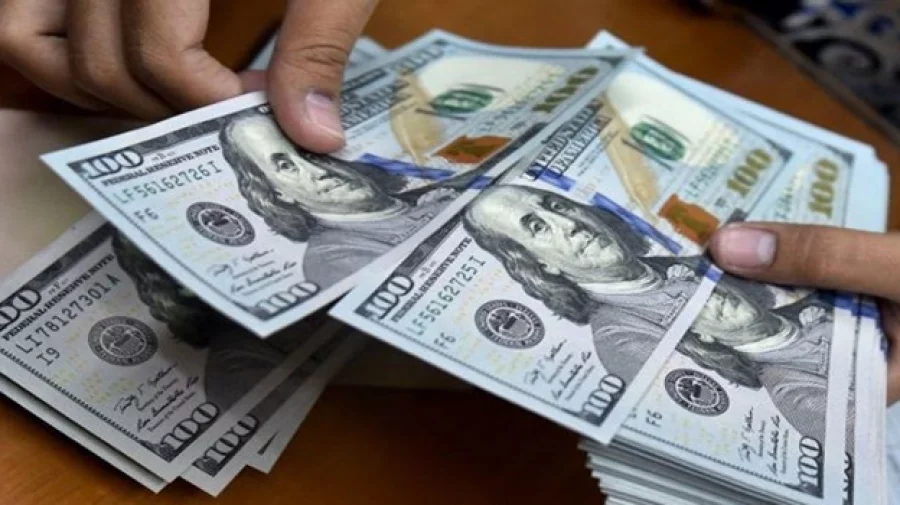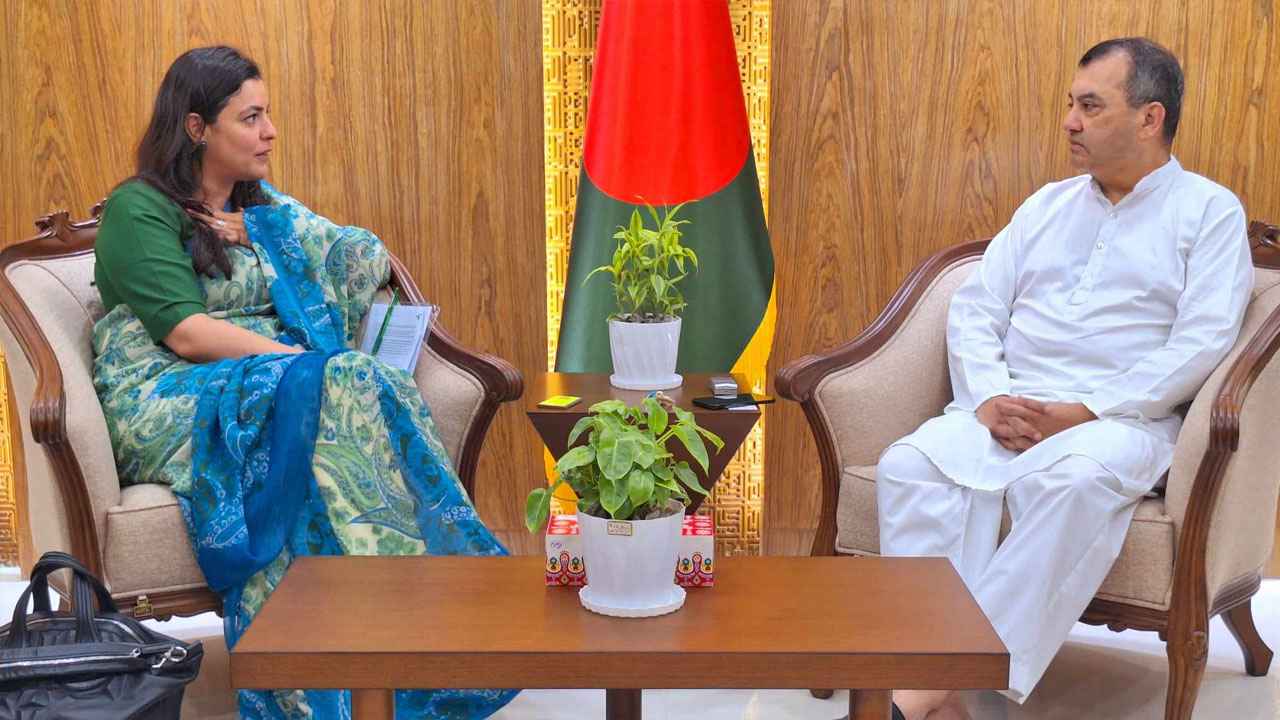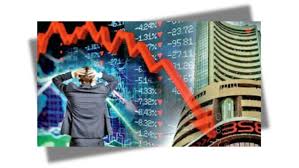
The Indian stock market has faced a big fall at the end of the week. Both the Sensex and Nifty 50 indices fell sharply on Friday. There is also another index, the Bank Nifty. All three indices fell by about 1 percent yesterday.
At the end of yesterday's day, the Sensex index stood at 79,857.79 (-765.47), the Nifty 50 index stood at 24,363.30 (-232.85) and the Bank Nifty stood at 55,004.90 (-516.25). News Economic Times
The total market capitalization of BSE-listed companies fell from ₹445 lakh crore to ₹440 lakh crore yesterday. The market capitalization fell by about ₹5 lakh crore in just one session due to massive selling of shares across all sectors. On a weekly basis, the indices have continued to fall for six consecutive weeks. In the week ending August 8, both the Sensex and Nifty 50 indices lost about 1 percent each.
HDFC and Bharti Airtel stocks suffered a major setback yesterday, leading to further declines in the index. All sectoral indices fell yesterday.
Most sectors of Nifty saw big declines last week. Nifty Small Cap and Mid Cap fell by 1.4 percent and 1.1 percent respectively. Considering the entire week, the banking sector saw good profits. Apart from this, metals also saw some gains. But IT, finance, energy, oil and gas, FMCG and pharmaceutical sectors saw big declines.
Last week, the stock prices of several big companies fell. Adani Enterprises fell by about 7 percent. The stock prices of textile export companies KPR Mill, Gokuldas Exports, Burdwan Textiles, and Trident have fallen significantly. On the other hand, Hero MotoCorp has shown a hopeful picture. The price of LIC also increased yesterday.
The Mint reported that the weak Indian market has already taken a big hit due to Trump's tariff policy. Concerns about falling corporate earnings, overvaluation and a large amount of foreign capital outflow have not subsided yet. Trump's recent tariff imposition and aggressive stance have created new fears among investors. Experts believe that India's GDP could fall by up to 1 percent due to the 50 percent tariff.
"Indian stocks have fallen to their lowest levels in three months on concerns about the impact of US tariffs on Indian exports," said Vinod Nair, head of research at Geojit Investments. Foreign institutional investors have been selling stocks, adding to the pressure on domestic indices.
Nair also said that global financial institutions have started lowering their economic growth forecasts for India due to the ongoing tariff concerns. Growth forecasts for 2025 and 2026 have also been reduced. As a result, the uncertainty surrounding India's trade and macroeconomic situation is only increasing.
Meanwhile, foreign investment in the Indian stock market has also taken a hit. In January this year, a huge amount of foreign investment left the Indian market. The situation has improved somewhat since March. Foreign investment came into the Indian stock market in April, May and June. But from July, the picture of foreign investment leaving has come to the fore. The same situation was created in August due to Trump's tariff imposition.
